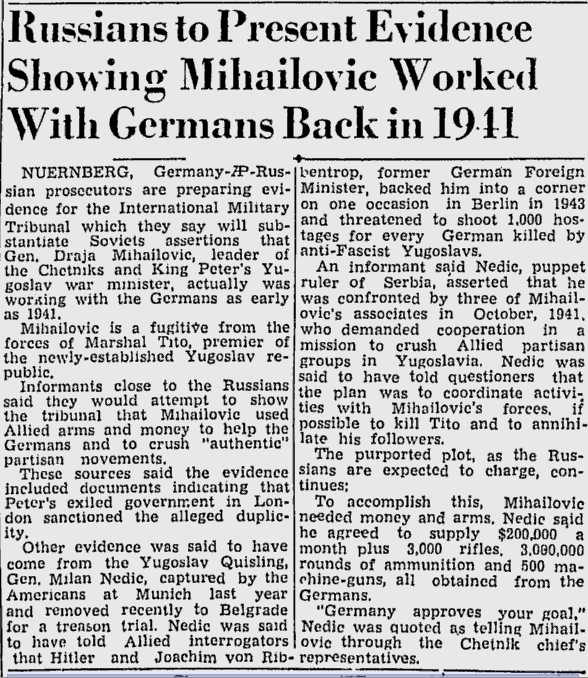I came across the PDF of the book written by the Byzantine Emperor himself, Constantine VII Porphyrogenitus (10th century AD) named "De Administrando Imperio". This PDF has both English translation and the original Greek text;
I am posting this here cuz this is the oldest and most comprehensive text about how and when the very first Serbs, Croats, Hungarians came to Balkans, when they were still unbaptized.
Croats comes to Dalmatia by using the path from eastern Bavarian lands. Avars rules in Dalmatia at that time but Croats defeats them and subjugates some of them;

Croats defeats Franks and gains autonomy in Dalmatia. Some of them asks to be baptized from Rome;

Constantine VII talks about Hungarians here but he calls them as Turks cuz in that times, they were known as Turks and today`s Hungary, including Banat region was also called as Turkey. "Chazaria" means Khazar lands, "Chagan-prince of Chazaria" means Khan of Khazar lands;


Hungarians defeats Moravian residents and they flee for refuge to surrounding places, Bulgaria, Croatia etc.;

The Emperor talks about the formation of Venice and Venetians. "Attila, the king of Avars" is Attila the Huns but since Avars are the descendants of the Huns, the emperor speaks about him like that;

Emperor mentions about Avars as "Slavonic nations" here;


I am posting this here cuz this is the oldest and most comprehensive text about how and when the very first Serbs, Croats, Hungarians came to Balkans, when they were still unbaptized.
Croats comes to Dalmatia by using the path from eastern Bavarian lands. Avars rules in Dalmatia at that time but Croats defeats them and subjugates some of them;

Croats defeats Franks and gains autonomy in Dalmatia. Some of them asks to be baptized from Rome;

Constantine VII talks about Hungarians here but he calls them as Turks cuz in that times, they were known as Turks and today`s Hungary, including Banat region was also called as Turkey. "Chazaria" means Khazar lands, "Chagan-prince of Chazaria" means Khan of Khazar lands;


Hungarians defeats Moravian residents and they flee for refuge to surrounding places, Bulgaria, Croatia etc.;

The Emperor talks about the formation of Venice and Venetians. "Attila, the king of Avars" is Attila the Huns but since Avars are the descendants of the Huns, the emperor speaks about him like that;

Emperor mentions about Avars as "Slavonic nations" here;








Comment